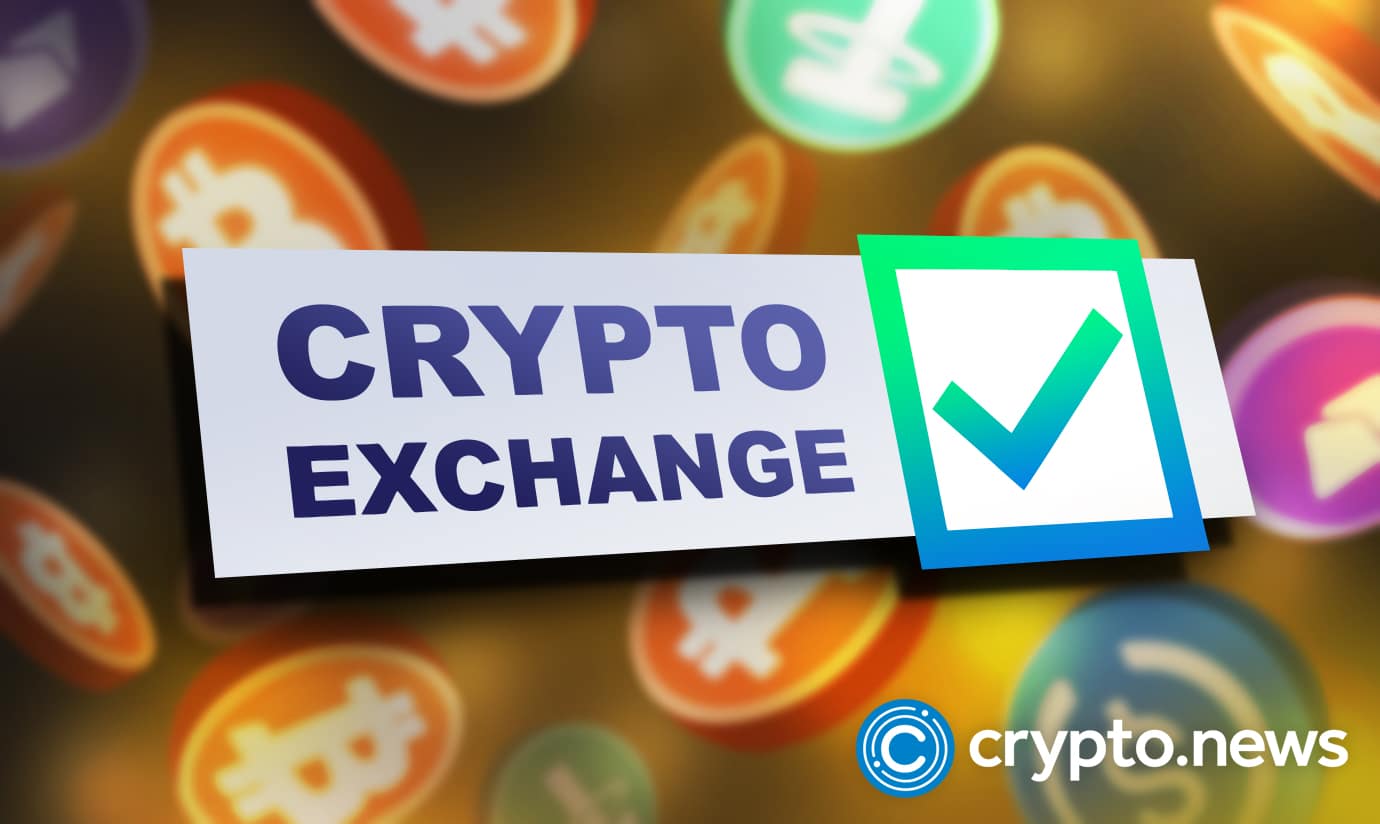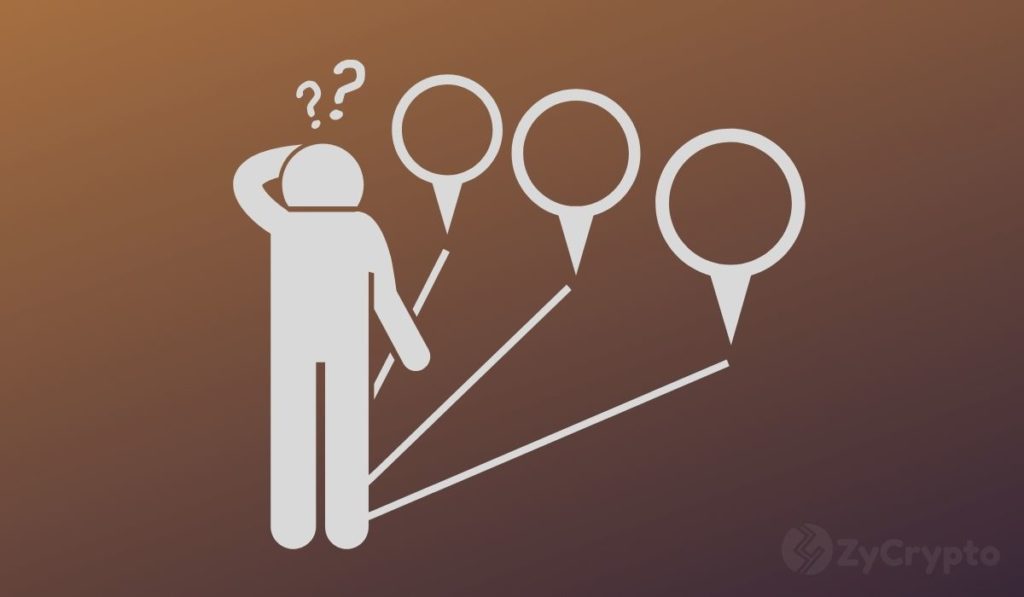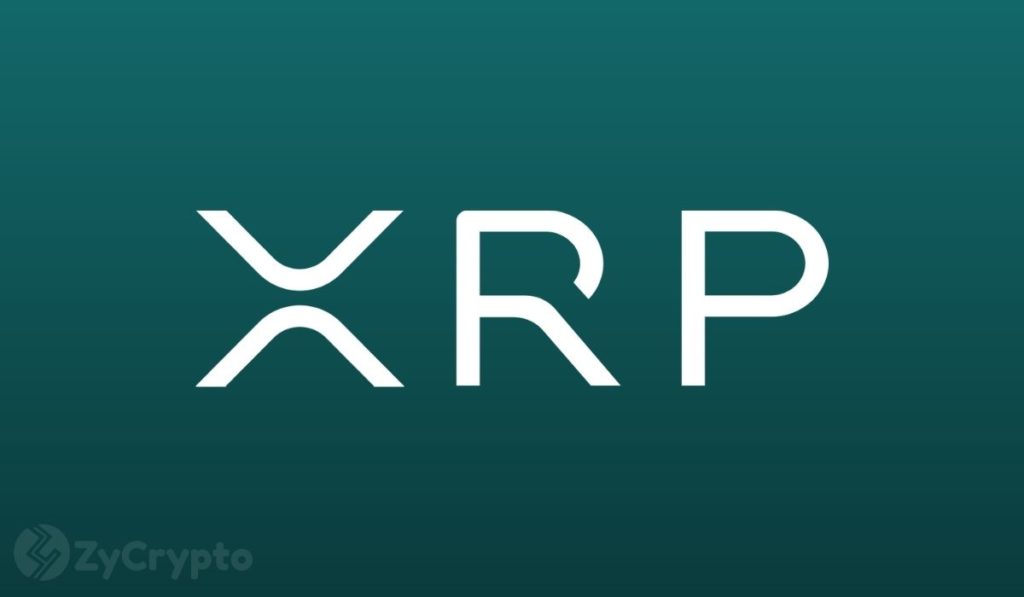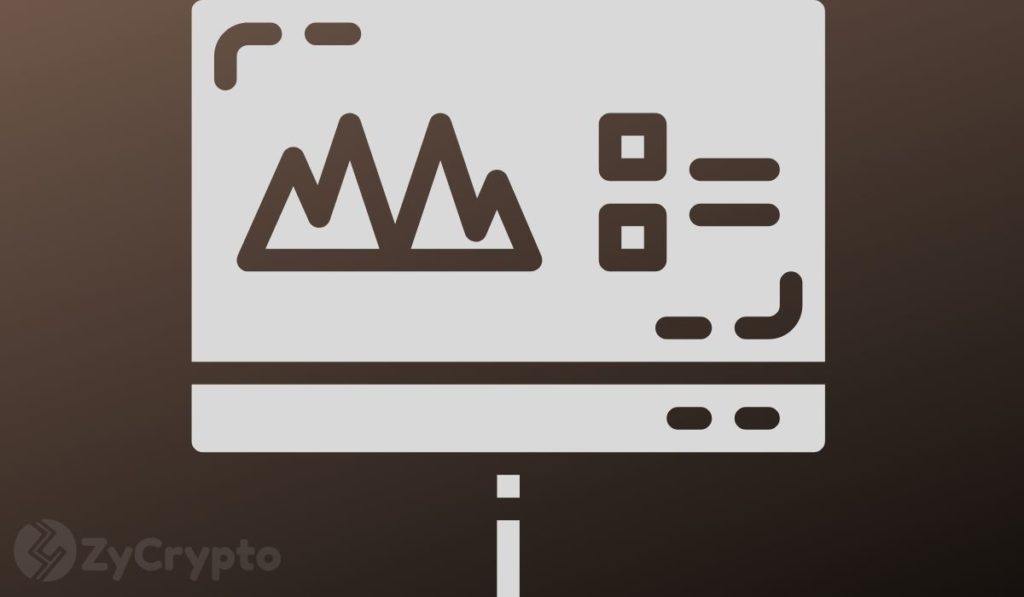2018-6-15 03:50 |
The South Korean government is reportedly seeking to bring cryptocurrency exchanges under the direct supervision of the country’s Financial Intelligence Unit. This will obligate crypto exchanges to follow anti-money laundering directives like banks do. This is the first time a government agency has said it will oversee crypto exchanges.
Also read: Yahoo! Japan Confirms Entrance Into the Crypto Space
AML ObligationsThe Korea Financial Intelligence Unit (FIU), under the supervision of the Financial Services Commission (FSC), recently held an Anti-Money Laundering Policy Advisory Committee meeting. The meeting was set up to discuss measures against money laundering and terrorism financing activities.
“We plan to include virtual currency exchanges under a direct supervision of the AML / CFT (Anti-Money Laundering/ Countering Terrorism Financing) system,” the committee was quoted by Maeil Business. Citing that “the legislation has already been introduced in the National Assembly,” the news outlet elaborated:
This is the first time government agencies have said they will oversee virtual currency exchanges…When the bill is passed, virtual currency exchanges will be obliged to monitor the suspicious money-laundering transactions and report them to the FIU.
The Need for Direct SupervisionCurrently, the FSC and the FIU have no jurisdiction over crypto exchanges since cryptocurrencies are not considered financial assets. The regulators have to monitor money-laundering activities of crypto exchanges through banks.
With the proposed changes, according to the committee, “If a virtual currency exchange does not comply with these obligations, the FIU or the entrusted FSS [Financial Supervisory Service] will be able to inspect the monitoring system of the virtual currency exchange,” the publication conveyed.
According to the Hankyoreh, the FSS said that it will also tighten its oversight of banks that provide virtual accounts to crypto exchanges. For example, banks must report deposits of more than 10 million won per day or more than 20 million won over 7 days for crypto transactions to the FIU as suspicious transactions that could lead to money laundering.
Crypto Industry’s AML MeasuresRecently, South Korea’s top cryptocurrency exchanges have been ramping up their AML measures.
One of the largest crypto exchanges in the country, Bithumb, has recently implemented some strong anti-money laundering measures. Last month, the exchange blocked the trading of 11 countries as well as tightened its verification process for foreign users. The exchange also lowered the withdrawal limits for crypto traders that do not fully verify their identity. The third largest exchange in the country, Coinone, also said that it is implementing similar withdrawal limits for accounts not using the real-name system.
Another major exchange, Upbit, has an anti-money laundering system in place in collaboration with Thomson Reuters. The exchange recently rewarded six people for reporting fraudulent cryptocurrency schemes.
What do you think of Korean government agencies wanting direct supervision over crypto exchanges? Let us know in the comments section below.
Images courtesy of Shutterstock, Bithumb, and the FSC.
Need to calculate your bitcoin holdings? Check our tools section.
The post South Korean Government Agency Seeks Direct Supervision Over Crypto Exchanges appeared first on Bitcoin News.
Similar to Notcoin - TapSwap on Solana Airdrops In 2024
Emerald Crypto (EMD) на Currencies.ru
|
|


























